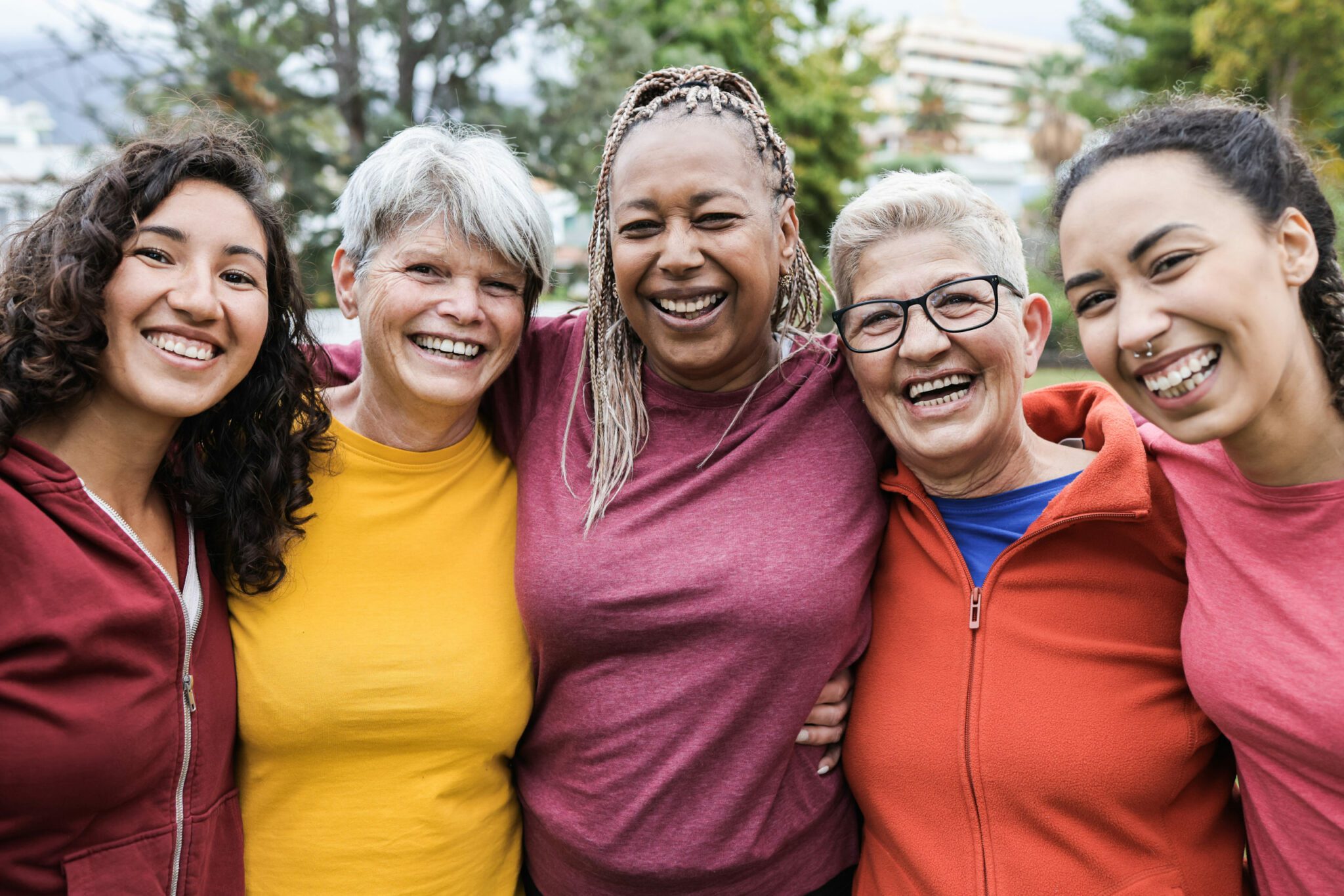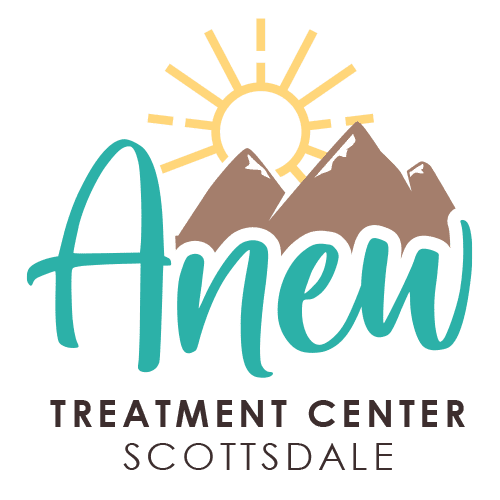What are Psychoeducational Groups?
Learn about psychoeducational groups and what they consist of to find out if they’re the right option for you.

Fundamentals of Psychoeducational Groups
Mental illness is not easy to overcome, but fortunately, there are many therapies that can be used to improve wellbeing. One option is attending psychoeducational groups.
Psychoeducational groups are gatherings of people who are dealing with similar mental issues. They are educated to learn about potential causes of mental illnesses, healthy coping mechanisms, and how to avoid future pitfalls.

History of Psychoeducational Groups
Psychoeducation was a term first introduced in medical literature by John E. Donley in his 1911 article “Psychotherapy and Re-Education,” which was published in The Journal of Abnormal Psychology. It was used again in the 60s by Brian E. Tomlinson.
Despite psychoeducation being around for so long, psychoeducation groups were not commonly used until the strategy was popularized by American researcher C.M. Anderson in 1980. She found it to be useful in the treatment of schizophrenia, as it educated both patients and family members on the condition and how to live with it. It provided useful stress management techniques as well, allowing patients and families alike to realize they also weren’t alone with the condition.
The Purpose of Psychoeducational Groups
A psychoeducational group helps a person and those around them understand their condition and its cause, so they can come up with healthy coping mechanisms together. It also surrounds them with understanding peers who give them the support they need to heal.
What are Psychoeducational Groups Used For?
Psychoeducation groups can treat a variety of disorders including the following:
General Psychoeducational Group Topics
There are several topics that may be brought up in a psychoeducational group.
Positive Thinking and Practices
Patients often exhibit unhealthy behaviors due to negative thought processes. Psychoeducational groups can help promote positive thinking and healthier actions, helping patients cultivate these skills. These groups can also help members learn forgiveness so they don’t hold grudges that might contribute to these unhealthy or negative thought processes.
Conflict Resolution
Another topic that psychoeducational groups discuss often is anger management and conflict resolution. Both of these are so patients are able to learn how to deal with stressors and conflict in a healthy manner in order to help keep matters from escalating, along with helping their own general mental wellbeing.
Soft Skills
Soft skills, like interpersonal communication, listening, and time management are crucial topics talked about. These can help patients so they learn how to be productive members of society, form healthier relationships with loved ones, and express their feelings in a healthy way.
Visualization Tactics
Visualization techniques and activities encourage people to think of calming images to reduce feelings of anxiety, and go hand-in-hand with stress management practices like deep breathing, yoga, and meditation.
Lastly, choice points teach patients to stop and think before making a decision, which can really help members slow down and think before making a choice that may be potentially harmful.1
The Benefits of Psychoeducational Groups
There are many varied benefits of psychoeducational groups. They not only help patients deal with stressors in a healthy manner, but also teach patients how to live with their condition and educate those around them as well.
Psychoeducational groups also provide healthy support in multiple ways for the individual, and help the person move on to forge healthier personal and professional relationships.
Other Group Therapy Options
Psychoeducational groups aren’t the only type of group therapy available to patients. Here are some other ones to consider:

Psychoeducational Groups and Other Therapies at Anew Treatment Center
If you think a psychoeducational group may help your mental condition, Anew Treatment Center offers the specialized care you or your loved ones might need. We work with every patient to create a customized plan that is best suited to their needs and will help them heal in a way that will most benefit them in the long run.
We also provide a comfortable environment, a knowledgeable staff, and a variety of science-based treatments to help you and your loved ones recover and get help with any kind of mental health issue. We will be with you every step of the way during recovery, whether that be with therapy-based sessions, counseling, or participating in psychoeducational groups.
Don’t let your mental health issues get in the way of your ability to enjoy life and interact with those around you in a healthy manner. Call Anew Treatment Center for the help you need today.
Learn More About Our Treatment Programs
Our team is ready to talk and determine how we can help. Rest assured your call is confidential. We're here for you.


